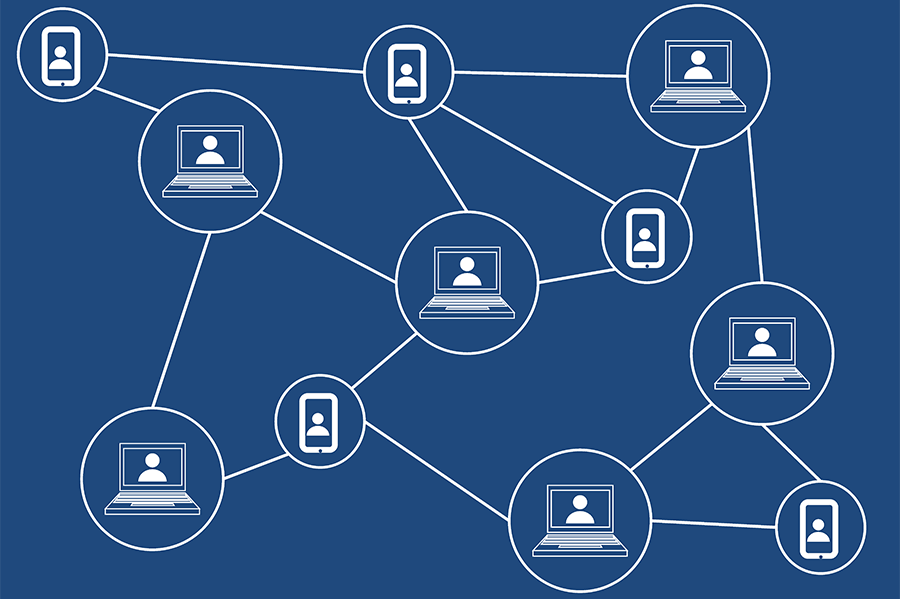November 03, 2020

Mizzou Engineers are part of a new global team investigating how blockchain technology could revolutionize the insurance industry. Blockchain is an advanced data-sharing system that allows multiple parties to view and manage information in real time. It’s promising technology for the insurance sector—especially when it comes to the complex claims process—however, it is still in early development.
“More and more insurance companies are going to the cloud and embracing emerging blockchain technologies for managing policies and claims. But it’s not a completely solved problem,” said Prasad Calyam, associate professor of electrical engineering and computer science. “The claims process requires many parties, and customers demand quick settlements. When you file a claim, a lot goes on before you get your money back. It needs to go through courts, car repair shops, market analysis of repair costs. There’s a lot of data pulled from multiple entities for these transactions to happen in a fast and secure manner.”
If implemented correctly, technology could streamline the process through intelligent automation. Although some amount of automation exists in claims processing today, manual interactions lead to trust issues and can slow the processing time, he said.
Calyam and collaborators from Jawaharlal Nehru Technological University (JNTU) in India will look into the logics of how blockchain systems can be used to build trust in order to automate policy and claims handling.
Professor JVR Murthy from JNTU is the co-principal investigator with Calyam. They are working with Tetrasoft—a technology consulting company in St. Louis with offices in India—which will provide an industry perspective.
“Blockchain technology significantly increases trust and enhances the efficiencies in claims processing,” said Surya Thammiraju, executive vice president and chief technology officer at Tetrasoft. “Artificial intelligence can help in claims processing, fraud detection and prevention and cross-selling other products. Insurance is one key business areas where Tetrasoft is helping global enterprises in their digital transformation journey, and I am proud to be associated with University of Missouri as a mentor for this highly relevant project for the industry.”
Partnership 2020
The project is part of Partnership 2020: Leveraging US-India Cooperation in Higher Education to Harness Economic Opportunities and Innovation. The U.S. Department of State is funding the work.
Students from both MU and JNTU are being hired to develop algorithms and testbeds for the proposed blockchain system investigations. Funding will also support travel between the two universities.
It will have a very positive impact on both Mizzou and JNTUK, Murthy said.
“This helps the students of JNTUK and 263 affiliated colleges spread across eight districts of Andhra Pradesh to get exposed to state-of-the-art technologies,” he said. “This knowledge helps to solve the complex problems associated with large data-related local government. This exposure is diverse and helpful for the University of Missouri. This will set a path for industry-oriented research.
Partnership 2020 is an agreement between the University of Nebraska at Omaha and the U.S. Department of State. The goal is to strengthen strategic partnerships between the U.S. and India through collaboration in higher education, research and economic growth.
Mizzou is one of select universities to be chosen under the Partnership 2020 initiative.
“Partnership 2020 brings talent from two countries together to solve problems relevant to the whole world,” Calyam said. “We were fortunate to have been selected and have the opportunity to create positive impact in terms of economic development, job creation, and commercial links between the US and India.”